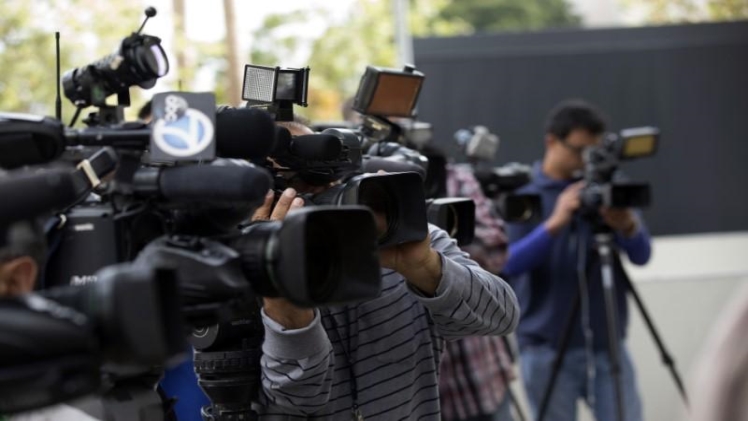Social media, whether used to bring together citizens in pursuit of a common cause or exploited by malicious external actors to undermine democratic norms, has had an immense impact on political participation. It offers new avenues for engagement that weren’t possible before digital technology such as publicly following a politician or sharing a petition; plus it provides various affordances that make these acts possible (Bastos et al. 2015). You can visit the site barder for more information.
The Role of Online Platforms in Political Participation
Here we explore how online platforms are connected with three factors that are crucial for any political system: trust, participation and polarization. Drawing upon both correlational and causal evidence, we find that digital media use is significantly associated with these variables across countries around the world. You can visit the site jigaboo for more information.
Trust is essential for the advancement of democracy. It plays an integral role in how well citizens engage with politics and respond to government policies, as well as being an influential factor when assessing a society’s public discourse and political culture. You can visit the site distresses for more information.
Social media can exacerbate existing distrust of governments and create new sources of cynicism toward democratic institutions. This radicalization effect heightens the risks of instability, increasing the possibility that a democratic regime may shift towards authoritarianism or illiberalism. You can visit the site precipitous for more information.
Social media has had a particularly powerful effect on participation, particularly with the rise of populist parties and their candidates. These parties can mobilize their followers through online advocacy, reaching directly to voters with messages that are divisive and polarizing – an example being elections where populists gained power (e.g., 2016 US elections). You can visit the site mypba for more information.
This radicalization effect is particularly hazardous in weak liberal democracies, as it could quickly shift a system with few checks and balances towards becoming an authoritarian one. This presents an immense danger for democratic states that must pay urgent attention to how social media plays in their politics.
A radicalization effect is an important reason why citizens should exercise more control over their online behavior and stop relying on social media for information. This could include reducing the frequency and intensity of social-media-induced moral grandstanding, which often leads to inauthentic communication full of misinformation and falsehoods.
We must address the problem of social media echo chambers, which can be detrimental to democracy as they limit news exposure to like-minded groups. This has become especially critical in countries experiencing an uptick in far-right and white supremacist movements.
Research on the effects of social media on political participation is necessary, across all countries and across multiple measures of political behaviour. This research should use empirically sound methodologies and data collection techniques. Furthermore, it should evaluate how digital media can promote democratic engagement more effectively and identify how regulation can reduce its corrosive effects on democratic governance.

